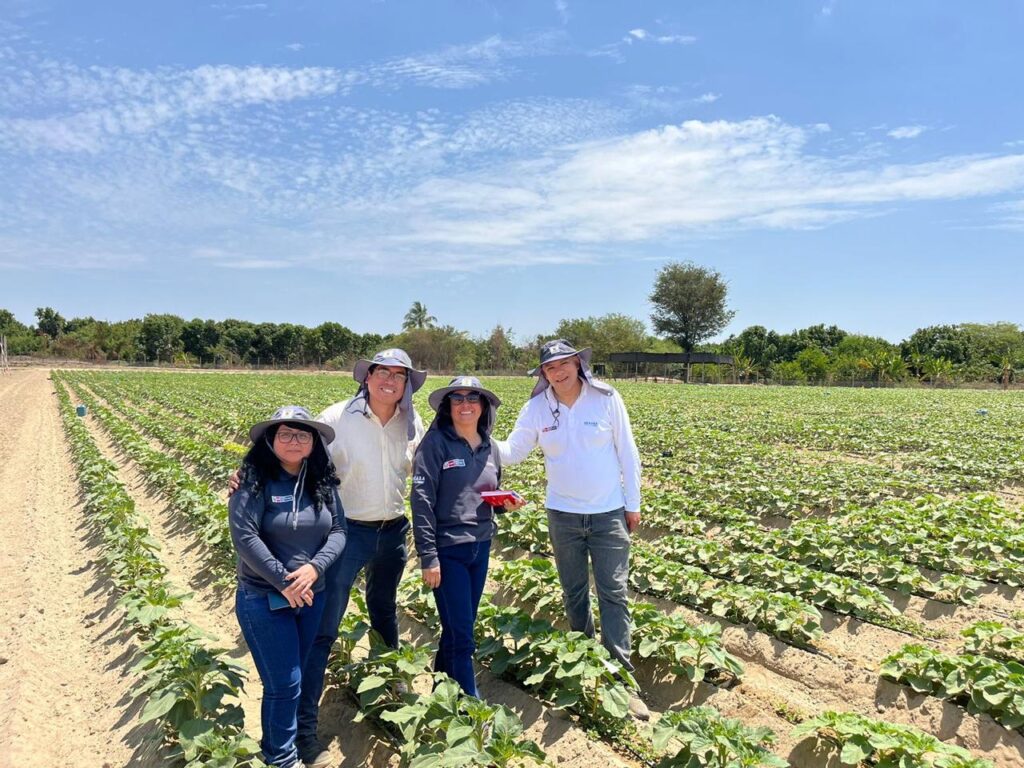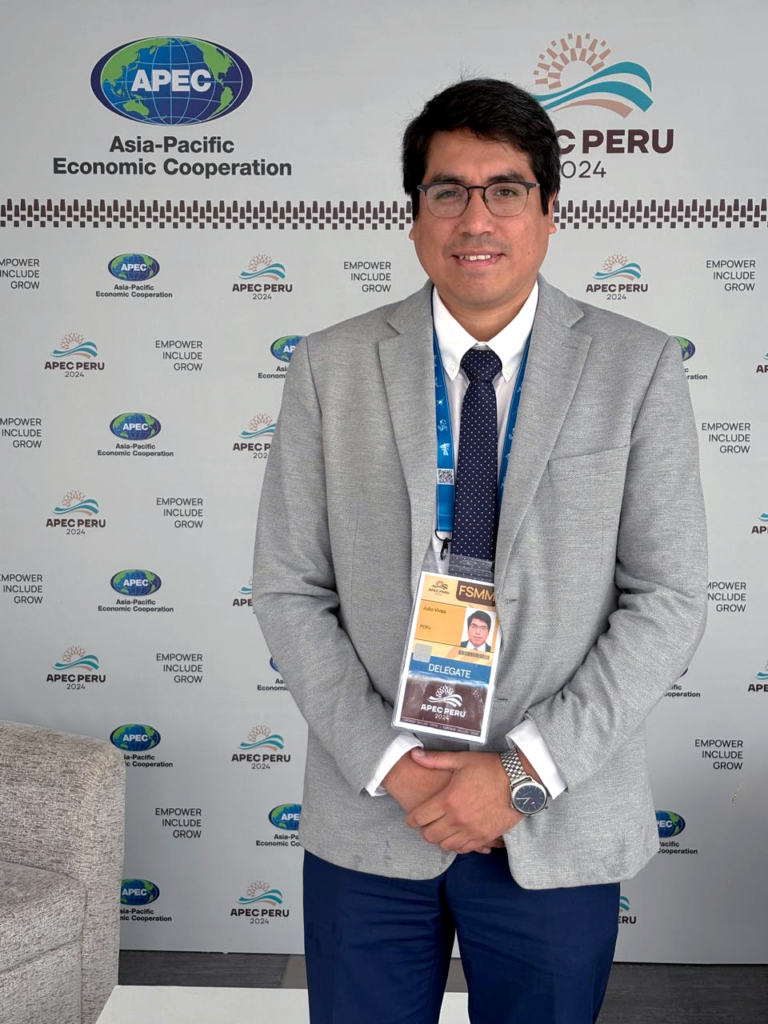
For 15 years, APESemillas has been driving the seed industry in Peru with significant achievements, strategic alliances, and objectives that pave the way for the future.
At Seed World LATAM, we are proud to join the celebration of the 15th anniversary of the Peruvian Seed Association (APESemillas), an institution that has played a fundamental role in developing the seed sector in Peru. Founded to strengthen the industry, APESemillas has evolved over time and led key initiatives that have positioned Peru as a reference in the production and export of seeds in the region.
On this special occasion, Seed World LATAM invites the entire seed community to learn more about APESemillas’ history, the milestones that have marked its journey, and the opportunities it envisions for the future. Seed World LATAM sat down with APESemillas’ CEO, Julio Vivas, who shared his perspectives on their achievements, a recent agreement signed with the Ministry of Agriculture, and their plans to guide the association into the coming years.

SWL: How has APESemillas evolved since its foundation 15 years ago?
Julio Vivas: APESemillas began with the name APIS, focused mainly on seed imports and marketing. However, the industry grew and diversified over time, which led us to expand our scope to activities such as research, production, multiplication and export of high-quality seeds. This led us to adopt the name APESemillas, which reflects a broader and more ambitious vision for the Peruvian seed industry. We started with four founding members, and today we are 20 companies, in addition to the efforts of small producers and regional associations.
SWL: What milestones would you highlight as the most significant in APESemillas’ trajectory?
Vivas: One of the greatest achievements has been to consolidate APESemillas as a reference in the seed industry in Peru. We have strengthened ties with public institutions such as the Ministry of Agriculture and its affiliated bodies such as INIA and SENASA, Foreign Trade, and academic research institutions, as well as private institutions such as regional, national and international associations and organizations, among others. This effort allows us to comprehensively address the needs and problems, as well as to be a unified voice of the sector.
SWL: Peru recently signed an agreement to promote the production and export of seeds. What role did APESemillas play in this agreement and what is its impact?
Vivas: This agreement between APESemillas and the Ministry of Agriculture seeks to position seed production and exports as a key activity in Peru’s agro-export sector and to integrate small producers into this important activity. The agreement also promotes capacity building and the development of a regulatory environment conducive to the development of this activity. We are working closely with SENASA (Servicio Nacional de Sanidad Agraria) to update and develop a standard regulatory framework applicable at all levels, benefiting both small and large producers.

SWL: Peru still faces regulatory challenges, especially in technologies such as transgenics and gene editing. What is APESemillas’ position?
Vivas: The use of new technologies in plant breeding emerges as an immediate response to face challenges such as climate change and food security; however, there is still a lack of progress in clear regulatory frameworks that allow its development in our country.
From APES and other organizations, we are promoting regulatory frameworks to facilitate the research and trade of products obtained through these tools, such as gene editing.
We are also working to raise awareness among regulators, producers, academia and society, among others, with the purpose of eliminating myths about these technologies and highlighting their potential.
SWL: What are APESemillas’ goals for the next 15 years?
Vivas: Our vision is to continue to be a key player in the agricultural sector in Peru, promoting the integration of small producers in seed production and export. We seek to strengthen relationships with strategic actors to address the needs and problems of the sector, promote the use of innovative technologies to address climate change and food security. We also want to establish a comprehensive work agenda to promote the development of research, which integrates industry, academia and research institutes, for which we are about to sign an agreement with INIA and the Academy.
SWL: APESemillas is also undergoing a rebranding process. What does this transformation represent?
Vivas: We have updated our logo and our image to reflect a forward-looking vision, symbolizing growth and progress. This change reinforces our commitment to bringing the industry together to overcome obstacles and achieve our goals.
If you are interested in joining APESemillas and contributing to the growth and development of the seed industry in Peru, the association invites you to join this collective effort. For more information on how to become a member, please contact Julio Vivas at gerencia@appisemillas.com.pe. Be part of the future of seeds in Peru!
The post Celebrating 15 Years of APESemillas: Consolidating the Future of Peru’s Seed Industry appeared first on Seed World.
